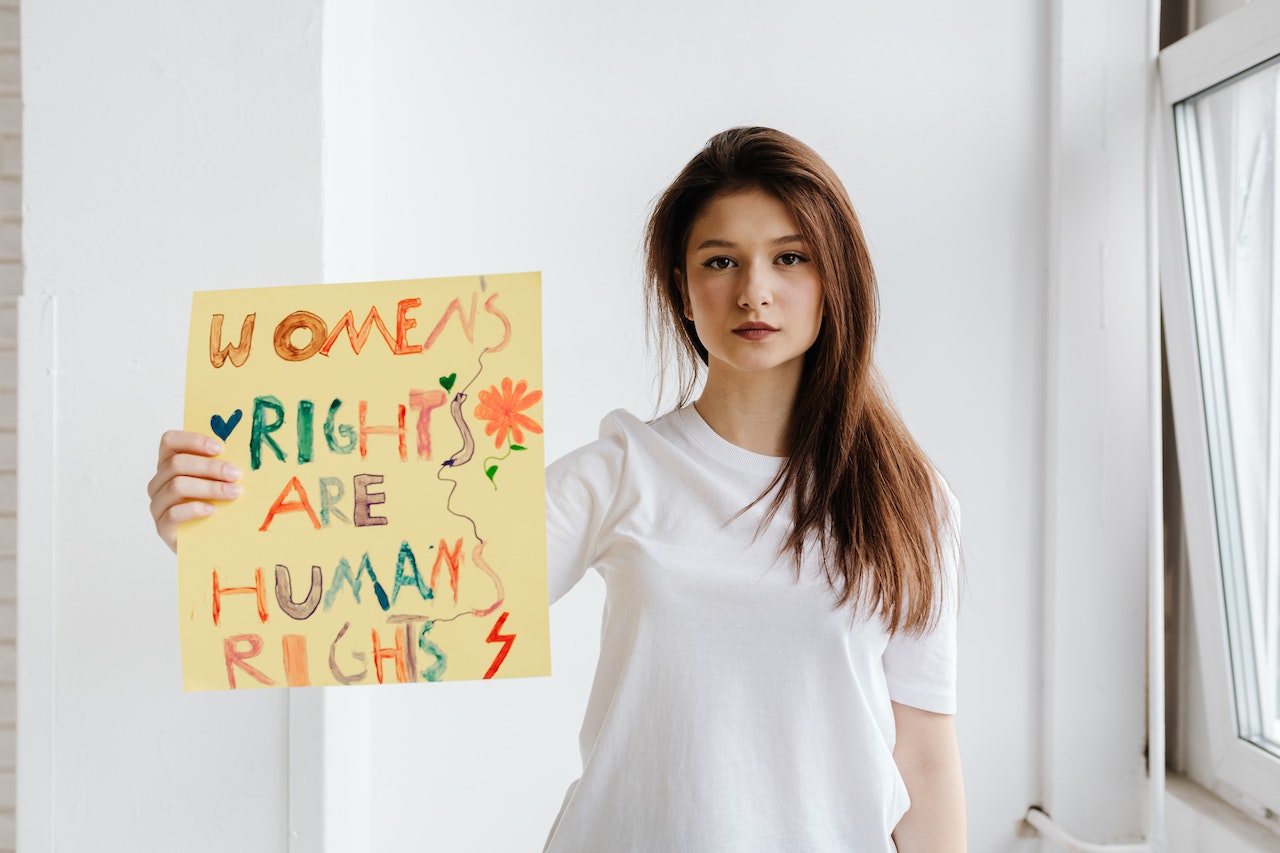Human rights are fundamental to us simply because we are human beings. These rights embody the basic key values like equality, respect, fairness, and dignity. It is a significant way to ensure the protection of human beings, particularly the strata that are most vulnerable to neglect, abuse, and isolation. Above all, human rights allow us the freedom and power to speak for ourselves and stand against poor treatment from any opposing authority.
How did basic human rights come into being?
After the Second World War, numerous covenants and declarations started articulating human rights that would be accepted universally. All the countries agreed on the list of inalienable human rights for the first time in 1948. Following that, the UN General Assembly took up the Universal Declaration of Human Rights, commonly referred to as UDHR which is hailed as a milestone that has deeply influenced human rights law, developed subsequently.
After around two decades, in 1966, the United Nations General Assembly took up two international treaties that have further aided the shaping of international human rights. They are the International Covenant on Civil and Political Rights and International Covenant on Economic Social and Cultural Rights. Together, these two are termed the international covenants, which together with the UDHR are instrumental in the creation of the International Bill of Human Rights.
What are the basic human rights?
As per the covenants of the United Nations, thirty human rights have been recognized and followed across the globe. It is important to understand the seven fundamental human rights:
1. The right to life
This right dictates that no person or entity, including the government in power, has the right to take anybody’s life. It also tells that it is the responsibility of the governing authority to take appropriate steps to protect the lives of the individuals by making suitable laws and also protecting people when their life is in danger.
2. The right to settle and have family
It is the basic human right to marry and settle with a family. This particular right is closely associated with the right that ensures respect for the family as well as private life.
3. The right to be considered equal in the eyes of the law
Every individual is endowed with the right to recognition as an individual before the law. All citizens have the right to experience their individual human rights without any kind of discrimination. Every individual is considered the same before the law and is bound by law to receive equal protection without any discrimination.
4. The right to privacy
An important and effective way to protect human beings as well as society at large against all kinds of unjustified and arbitrary use of power is to reduce the amount of information that goes out to the general public. The right to privacy also protects us from people who are trying to exert control.
5. The right to freedom of thought, religion, opinion, and expression
All individuals are given the right to choose their religion and conscience. And people can also change their beliefs or religion, and manifest his/ her belief and religion, in worship and observance.
6. The right to work
This concept allows people to work or engage in any kind of employment and no power can prevent them from doing so.
7. The right to receive education
Enjoying a civil life is impossible without receiving a basic education and this fundamental right is crucial for the all-round development of an individual. This right ensures that quality education is the right of all people without any sort of discrimination. It indicates free and compulsory primary school education for all children along with secondary schooling which includes technical training that the state should partly sponsor or provide for free.
Why are human rights important?
The Declaration of Human Rights was mainly due to the Holocaust and the impact of the Second World War. The most vulnerable sect of society during that period was the Jewish population which even included people with disabilities. Organizations today work towards ensuring that the vulnerable class of society is shielded against any kind of atrocities or abuse in place of neglecting them.
Most importantly, human rights help people to make sure that their basic rights are met while encouraging freedom of speech. It also gives common people the power to stand against corruption and give equal work opportunities. Further, it protects the environment and offers an international standard that considers the government accountable for maintaining law and order within the state.
